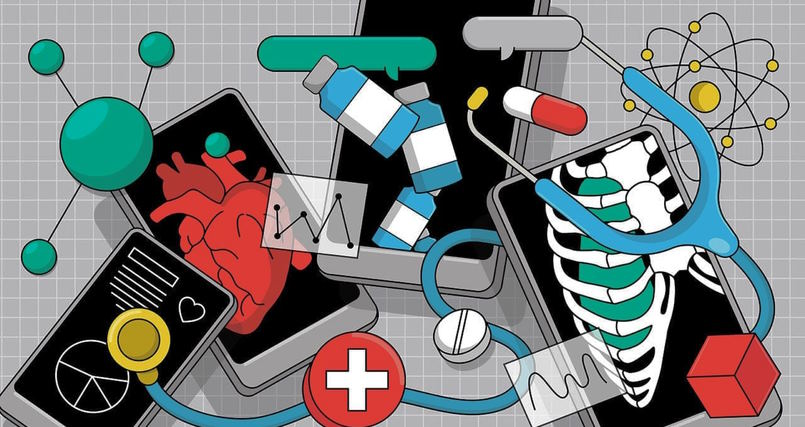Health financing plays a critical role in ensuring access to quality healthcare for individuals and populations. As healthcare systems face increasing challenges and complexities, the need for transformation in health financing has become imperative. In this context, technology has emerged as a powerful catalyst, offering opportunities to streamline processes, improve decision-making, enhance financial inclusion, and drive innovation. From electronic health records (EHRs) to big data analytics, from mobile payment platforms to artificial intelligence (AI), technology is reshaping the landscape of health financing. However, along with these opportunities come risks and challenges, including data privacy concerns, ethical considerations, disparities in access, and potential disruption of traditional models.

Opportunities of Technology in Health Financing
The integration of technology in health financing has opened up new opportunities for more efficient and effective management of healthcare resources. Digital health solutions, such as electronic health records (EHRs) and health information systems (HIS), have transformed the way healthcare data is captured, stored, and shared, allowing for streamlined workflows, improved care coordination, and enhanced decision-making. Big data analytics and predictive modeling have also empowered health financiers to make data-driven decisions, identify high-risk populations, and optimize resource allocation. Additionally, innovations in health payment systems, such as mobile payment platforms, blockchain, and digital currencies, have the potential to enhance financial inclusion by providing accessible and secure payment options for patients, while reducing transaction costs and promoting transparency in billing and reimbursement processes. Artificial intelligence (AI) and machine learning have also been leveraged in health financing, with chatbots for customer service, automated claims processing, and personalized pricing, among other applications. These technologies hold great promise in transforming health financing, making it more efficient, transparent, and patient-centric.

Risks and Challenges of Technology in Health Financing
While technology offers numerous opportunities in health financing, it also comes with inherent risks and challenges. Data privacy and security concerns are critical considerations, as the collection, storage, and use of health data raise ethical and legal questions. Breaches, unauthorized access, and potential misuse of health data can lead to significant repercussions, including compromising patient confidentiality and trust. Ethical issues related to the use of artificial intelligence (AI) and machine learning in health financing, such as bias, fairness, accountability, and transparency, also need to be addressed to ensure equitable and responsible use of these technologies. Moreover, disparities in access to technology and digital health solutions can exacerbate existing health disparities, as underserved populations may face barriers in benefiting from technology-driven health financing transformations. Disruption of traditional health financing models and potential job displacement due to automation and digital transformation are also challenges that need to be carefully managed to ensure a smooth transition. Therefore, while technology presents exciting opportunities in health financing, it is crucial to proactively address and mitigate these risks and challenges to ensure that technology is used responsibly, ethically, and inclusively in transforming health financing systems.



